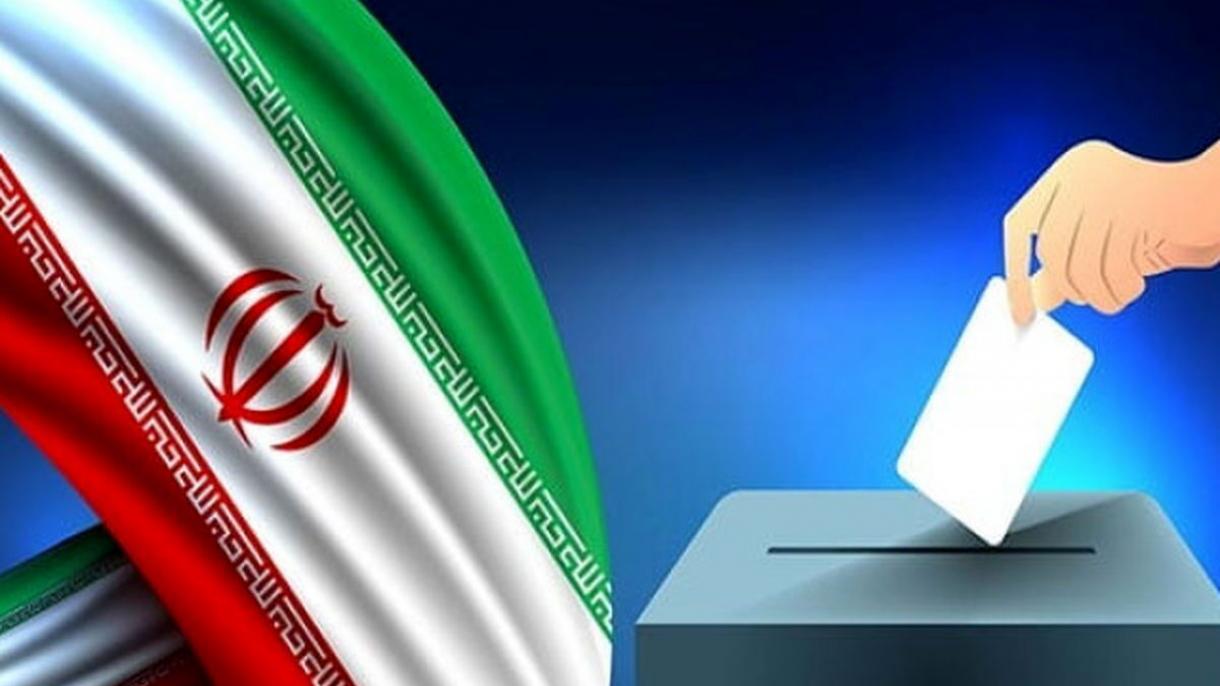by Seyed Mostafa Daryabari, Cultural Counsellor of the Embassy of the Islamic Republic of Iran
4 July 2024
After passing through the civilization of more than 3000 years and along with the rainbow of ethnicities and diverse languages and the peaceful life of several thousand years of different big religions such as Islam, Christianity, Zoroastrianism, we have again reached the grand destination of the national decision.
Although this time, the cause of it is the martyrdom of the hardworking and sincere President. He and his companions had an air accident on their way back after opening the dam.
Tomorrow, more than 61.5 million Iranians over the age of 18 have the opportunity to vote for the new president by participating in the elections.
Supreme Leader of the Revolution stated: The Islamic Republic is based on the presence of the people, and the presence of the people is necessary to prove the authenticity and integrity of the Islamic Republic.
And this, according to the author, means the depth of religious democracy. The treasure of the Islamic Republic should be seen in the role of people in determining the fate of the election. Voting in the Islamic Republic of Iran system is a fundamental investment for fair political, economic benefits of the oppressed, and social life style.
Our constitution provides that new elections must be held within 50 days of the death of the former president.
Elections in Iran after the revolution have been an integral part of the life of Iranians, so that more than 40 elections have been held, including elections for the parliament, the presidency, experts, and the city council.
Therefore, people’s participation in decision-making in Iran is an institutional matter and is associated with maximum democracy.
In the current elections, there are different parties and tastes, and the people will decide the president directly. The presidential election in Iran is direct and without the mediation of the parliament or party selection and only by voting for an individual candidate.
One of the prominent features of Iran’s elections is the many surprises in the results, which have made it unpredictable.
It should be noted that the president is the head of the government and the cabinet. It’s noted that the parties cannot pressure him to appoint ministers.
The policy of honour, wisdom and expediency in the foreign relations of the Islamic Republic of Iran is an unquestionable principle. The general policies of the Islamic Republic of Iran are provided in the constitution, and all presidents must present and implement their executive plans within that framework.
The principle of supporting the oppressed, and in the current conflict, a clear example of that is Palestine, the principle of confronting oppressive rule – that we neither oppress nor accept oppression-, the strategy of peace in the region and the world, the principle of friendly relations with the world, the importance of Africa and its expansion , presence in important international frameworks such as Shanghai, BRICS, the principle of neighbourliness – which in the last 200 years, every type of war was imposed, and Iran was the defender - are all certain principles of the Islamic Republic of Iran and will not change with the change of the president.
According to Article 117 of the Constitution, someone can become the president in the first round of elections who has won the absolute majority of the votes of the participants. If it is less than this, the election will go to the second round between the first two candidates. And this happened and the second phase of the elections of the 14th term of the Islamic Republic of Iran will begin on Friday tomorrow with the enthusiastic participation of the people of Islamic Iran.
Last Friday, which was the first round of elections, more than 200 reporters and cameramen from domestic and international media were present in Iran to cover this important event.
Also, Iranian citizens abroad went to the polls in election centres located in 95 countries around the world, and It will be repeated this week. In South Africa, due to the importance of citizens’ right to vote, there are voting branches in the three cities of Pretoria, Johannesburg and Cape Town.
The voting process, which started at 08:00 am local time, will end at 18:00, but like the first round, it may be extended until 20:00 or more due to crowding of voters.
Executive and supervisory officials, as well as candidates’ representatives at polling stations, do not have the right to advertise for or against any of the candidates.
The campaign activity in the second phase of the presidential election started from the official announcement of the final results of the first phase, i.e. Sunday, and continued until 24 hours before the start of voting.
.....................
End/ 257

